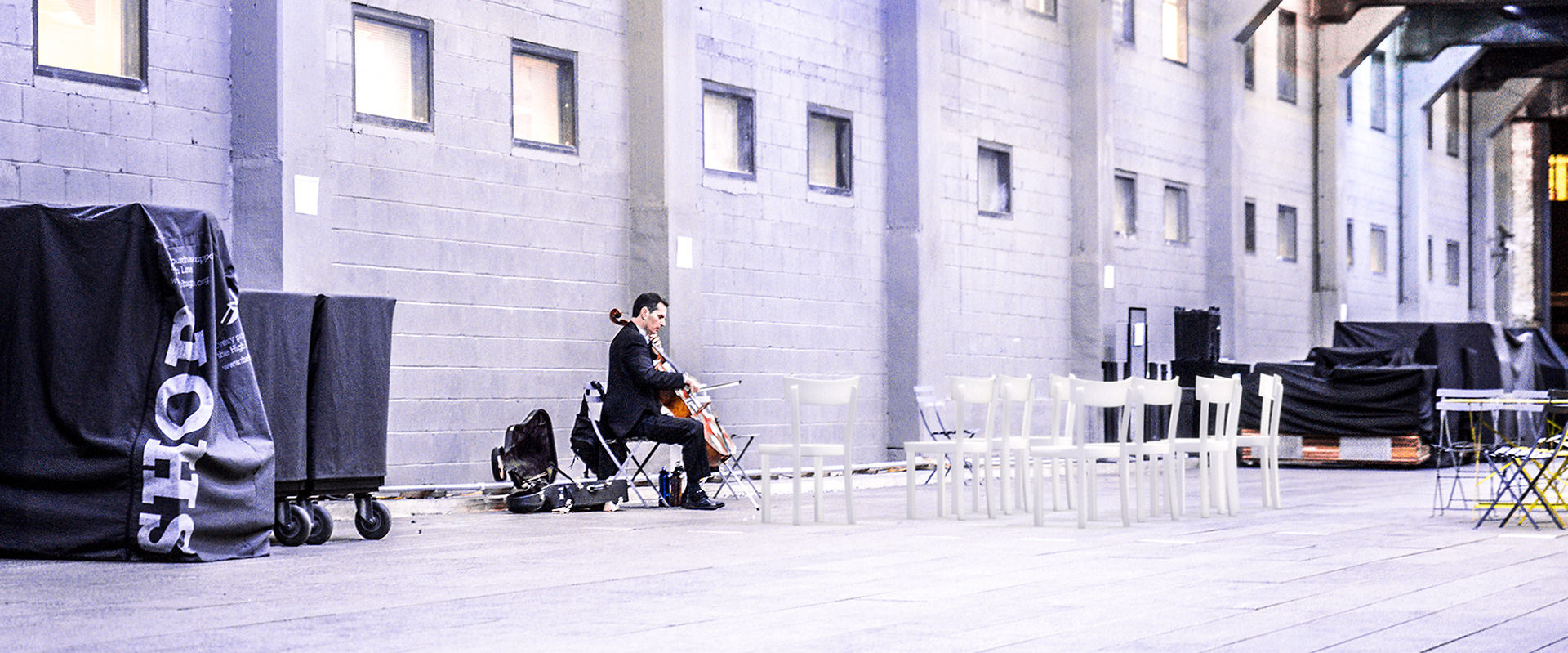- C-TO-BE
- Organizational Development
- Management Training
- Leadership
- Communication
- New! Facilitate Online Meetings Professionally
- The Perfect Sales Pitch
- Effective Argumentation and Persuasion
- Presentation Skills Training
- Communication Training
- Rhetoric - the Power of Language
- Facilitation - More Than Writing Cards
- Meeting Management
- Presenting in English for Non-Native Speakers
- Small Talk in English for Non-Native Speakers
- Intercultural Competence
- Personal Mastery
- Sales Training
- Train the Trainer
- Business Coaching
- Better Negotiating

Train, Delegate, and Evaluate
Training and Management of Trainees
Training young people is one of the most exciting tasks in the company. As a training officer, you have the opportunity to help shape high-quality training and have a significant influence on the positive personal and professional development of trainees.
Many trainees have to deal with the following questions at the beginning of their work: What is expected of me? How can I meet these expectations? Am I able to do this at all?
Many trainees have to deal with the following questions at the beginning of their work: What is expected of me? How can I meet these expectations? Am I able to do this at all?
In addition to the basics of leadership, the basic training primarily deals with the didactic-methodical approach to training. The focus is always on practical implementation. The role of the training officer is reflected upon and the pedagogical "toolbox" is expanded. In this training, you will learn to assume joint responsibility for the entire training process and thus promote the training success of your trainees. You will strengthen your communication, motivation, and especially your leadership skills. With the right tools at your side, you will feel up to the task as a training officer. Well-guided and independently working trainees relieve the skilled workers and will be competent colleagues in the future.
Contents of the Training
Day 1: Role and expectations of training officers
Training officers as role models and contact persons
Learning the basics of psychology
Leadership styles and leadership behavior
SWOT analysis
Day 2: Delegation and assessment of trainees
Rights and duties of training officers
Delegation of tasks
Professional handling of the internal appraisal sheet
Methods
Experience- and participant-oriented methods, participant-active, compact and comprehensible knowledge transfer, exercises for direct transfer to one's own field of activity, facilitation, and small group work, reflection on one's own behavior, and role playing scenarios and simulations.
Day 1: Role and expectations of training officers
Training officers as role models and contact persons
- Self-perception of training officers - caregivers, educators, employees, colleagues, coordinators, and coaches - a role clarification
- "What makes them tick?" Interesting facts from youth and developmental psychology
- Leading without a disciplinary leadership mandate
Learning the basics of psychology
- How does knowledge get into the mind? How does knowledge stay in the mind?
- Active methods in on-site training
- The EDAC teaching/learning process
- Making learning content attractive: Active training methods
- Avoiding idle time and encouraging active participation
Leadership styles and leadership behavior
- From leadership style to leadership personality
- Stumbling blocks for training officers
SWOT analysis
- Take stock with analysis of strengths and weaknesses
- Evening session: Discussion and question/answer session with the training management and the trainer
Day 2: Delegation and assessment of trainees
Rights and duties of training officers
- Technicality: setting learning objectives, preparing and assigning tasks, and discussing and giving feedback
- Organizational: arrange workplace, invite/carry trainees to appointments, integrate them into the team, check report book, regularly check status with trainers
- Pedagogical: feedback on social behavior, e.g. working methods, punctuality, and etiquette
- Knowing the rights and duties of trainees
Delegation of tasks
- The introductory talk
- How can I keep the reins in my hands?
- From overzealous to "zero willpower": dealing with different types of trainees
- "Don't be afraid of control!": From external control to self-control
Professional handling of the internal appraisal sheet
- Appraisal principles
- Recognizing and avoiding appraisal errors
- Appraisal interviews with trainees
- Dealing with difficult situations
Methods
Experience- and participant-oriented methods, participant-active, compact and comprehensible knowledge transfer, exercises for direct transfer to one's own field of activity, facilitation, and small group work, reflection on one's own behavior, and role playing scenarios and simulations.

Training OFFERS
Do you have any questions? Feel free to contact us!
Book tips
For anyone wanting to deepen their knowledge, we recommend the specialist literature from C-TO-BE. Order directly from us now.Virtual Negotiation. An Optimal Approach to Online Negotiations
Better Negotiating. The Training Book
Flexibel verhandeln. Die vier Fälle der NEGO-Strategie (German version)
© C-TO-BE. THE COACHING COMPANY | Seeuferstraße 59 | 82541 Ambach - Münsing | Tel.: +49 8177 / 99 85 458 | welcome@c-to-be.de



 We report on current topics in our blog - take a look!
We report on current topics in our blog - take a look!


